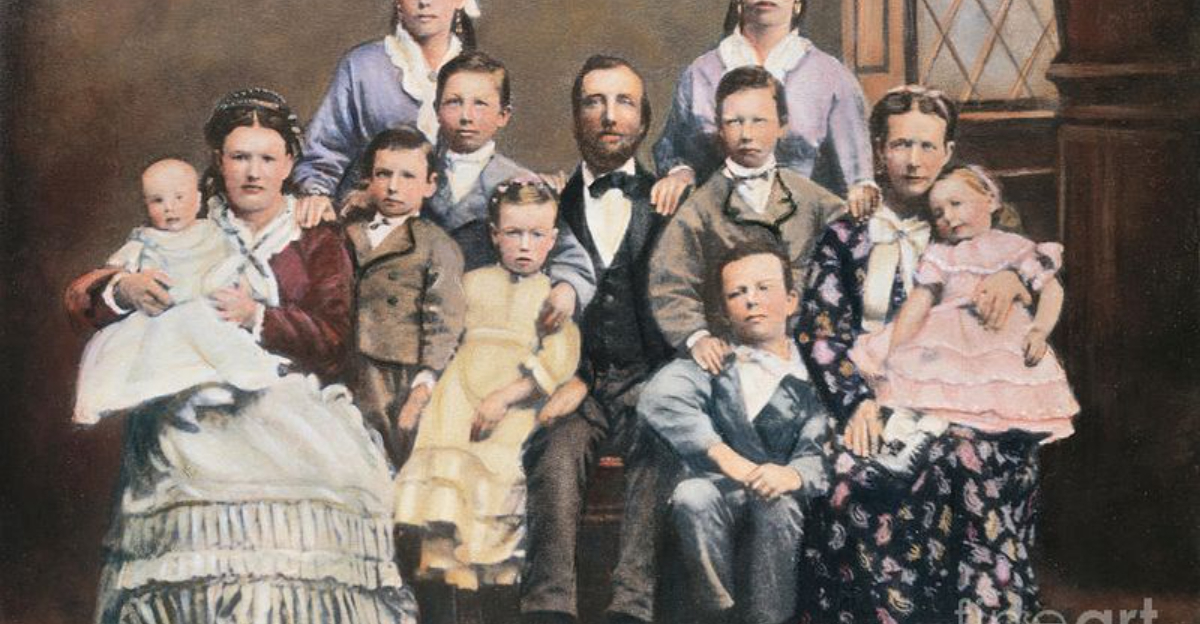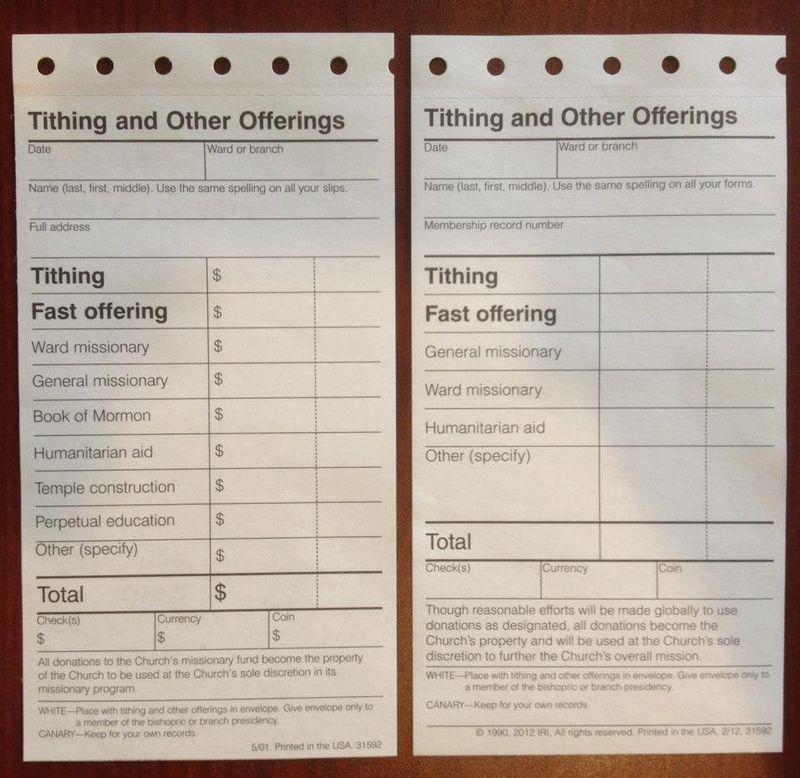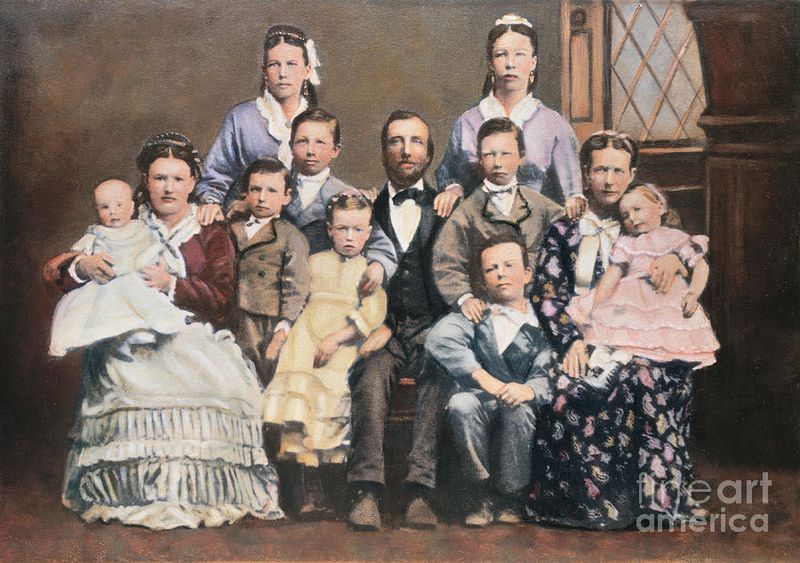The Church of Jesus Christ of Latter-day Saints, often referred to as the Mormon Church, has a unique set of guidelines and norms that its members are encouraged to follow.
These rules encompass various aspects of life, from health and wellness to personal conduct and spiritual commitments. While some may be familiar, others might surprise those outside the faith.
Here, we explore 19 specific rules that highlight the distinctiveness of the Mormon way of life.
1. No Coffee or Tea
In Mormon culture, the Word of Wisdom advises against the consumption of “hot drinks,” interpreted as coffee and tea. This includes all types, such as green tea and iced tea. The focus is on maintaining health and clarity of mind. Many members find creative alternatives, enjoying herbal teas and other caffeine-free beverages. This guideline reflects a broader commitment to healthful living, aligning with the faith’s emphasis on spiritual and physical well-being.
2. No Alcohol
Mormons practice total abstinence from alcohol, viewing it as a potential barrier to spiritual clarity and health. This extends to all forms, including wine, beer, and even cooking alcohol. Members often find joy in social gatherings without alcohol, focusing on community and friendship. This rule underscores a commitment to a lifestyle that prioritizes spiritual growth over fleeting pleasures, resonating with the broader health code known as the Word of Wisdom.
3. No Smoking or Vaping
The prohibition against tobacco and nicotine products, including smoking and vaping, is a fundamental aspect of Mormon health guidance. It reflects a broader commitment to physical well-being and spiritual purity. Avoiding these substances is seen as a way to honor the body as a sacred gift. Many Mormons embrace a holistic approach to health, combining this principle with regular exercise and nutritious eating, fostering a balanced and harmonious lifestyle.
4. Modest Clothing Only
Mormon teachings emphasize modesty in dress, encouraging members to select clothing that reflects respect for the body. Sleeveless tops, short skirts, and low-cut clothing are generally discouraged. Modesty is seen as a way to express dignity and self-respect, aligning with spiritual principles. This guideline fosters a community where outward appearances reflect inner values. It encourages creativity in fashion, allowing members to express individuality within the framework of modesty.
5. No Premarital S*x
In Mormon belief, s*xual purity is a cornerstone of spiritual commitment. Members are taught to abstain from premarital s*x, aligning their actions with spiritual values. This extends to avoiding “passionate kissing” and cohabitation before marriage. Relationships are encouraged to be built on respect and love, emphasizing emotional and spiritual connection. This rule reflects a broader commitment to marriage as a sacred union, fostering strong family bonds and lifelong partnerships.
6. Sabbath Day Observance
The Sabbath is a sacred day for Mormons, dedicated to worship, rest, and family. Members refrain from shopping, dining out, or engaging in recreational activities on Sundays. Instead, they participate in spiritual gatherings and spend time with loved ones. This practice reflects a commitment to honoring the divine, setting aside worldly distractions to focus on faith and relationships. It’s a weekly ritual that nurtures spiritual rejuvenation and deepens community bonds.
7. Tithing 10% of Income
Tithing is a fundamental principle for Mormons, where members donate 10% of their income to the church. This act of faith is done before taxes and symbolizes trust in divine providence. Tithing supports church functions, humanitarian efforts, and community-building activities. Members view it as an expression of gratitude and commitment, reinforcing spiritual values through financial stewardship. It’s a practice that unites the community in shared purpose and faith.
8. Missionary Service
Missionary service is a rite of passage for young Mormons, with young men typically serving a two-year mission at age 18. Women may serve 18-month missions starting at 19. This service is a voluntary commitment to share the faith and serve communities worldwide. Missionaries often develop resilience, cultural awareness, and lifelong friendships. It’s a pivotal experience that shapes their spiritual journey and strengthens their connection to the global Mormon community.
9. No Swearing or Crude Language
Mormons strive for uplifting and respectful communication, avoiding swearing and crude language. This principle extends to avoiding even mild substitutes like “heck” or “darn.” Language is viewed as a reflection of character and values, encouraging members to speak with kindness and sincerity. This emphasis on positive communication fosters a supportive and respectful community. It’s a rule that resonates with the broader commitment to integrity and honor in all aspects of life.
10. Media Standards
Mormons maintain high standards for media consumption, avoiding R-rated movies, explicit music, and violent video games. This guideline reflects a desire to nourish the mind with uplifting content. Families often engage in wholesome entertainment, promoting shared values and connection. The focus is on creating a positive environment that aligns with spiritual beliefs, fostering growth and integrity. It’s a principle that reflects the broader commitment to purity and personal development.
11. No Tattoos or Excessive Piercings
Mormons are encouraged to avoid tattoos and excessive piercings, viewing the body as a temple. Women are advised to have just one pair of earrings, while men are discouraged from any piercings. This guideline reflects a broader commitment to treating the body with respect and dignity. It’s a principle that encourages individual expression within the framework of spiritual values, emphasizing the importance of honoring one’s physical and spiritual identity.
12. Temple Garments
Temple garments are sacred undergarments worn by adult Mormons who have participated in temple ceremonies. They serve as a daily reminder of spiritual covenants and commitments. Wearing these garments is a personal act of faith, symbolizing a deeper connection to divine principles. It’s a practice that fosters mindfulness and devotion, aligning daily actions with spiritual beliefs. Temple garments are a tangible expression of one’s faith journey and dedication to the church.
13. Strict Dating Guidelines
Mormon teenagers follow specific dating guidelines, with a focus on group activities rather than one-on-one dates. Dating is discouraged before age 16, emphasizing friendship and fun over romance. This approach encourages healthy social interactions and personal growth. It’s a guideline that reflects a broader commitment to building strong, respectful relationships, fostering a sense of community and belonging. Young Mormons learn to navigate social dynamics in a supportive and positive environment.
14. Church Callings Are Mandatory (and Unpaid)
In the Mormon Church, members are often “called” to serve in various roles, such as teaching or leading choir. These callings are voluntary and unpaid, reflecting a commitment to service and community. Members view callings as opportunities for personal growth and spiritual development. It’s a practice that unites the community through shared efforts, fostering a sense of belonging and purpose. This principle underscores the importance of selfless service in one’s spiritual journey.
15. Same-Sex Relationships Are Not Allowed
Mormon doctrine teaches that sexual relationships are confined to heterosexual marriage. LGBTQ+ individuals are welcomed, but engaging in same-sex relationships conflicts with church teachings. This guideline reflects traditional beliefs about family and marriage, emphasizing the importance of spiritual alignment with church doctrine. It’s a principle that invites reflection on personal faith and community values, fostering dialogue and understanding within the church. The focus remains on love, respect, and inclusion.
16. Food Storage Preparedness
Mormons are encouraged to maintain a food storage supply, preparing for emergencies or difficult times. This practice reflects a commitment to self-reliance and foresight. Many families keep a three-month or even year-long supply of essentials, fostering a sense of security and preparedness. It’s a tradition that aligns with broader teachings on provident living and stewardship. Food storage is seen as a practical expression of faith, emphasizing responsibility and care for one’s family.
17. No Gambling
All forms of gambling, including lotteries and raffles, are prohibited in Mormon teachings. Gambling is viewed as promoting greed and addiction, conflicting with principles of honesty and integrity. Members are encouraged to focus on honest work and ethical financial practices. This guideline reflects a broader commitment to living a life of purpose and integrity, emphasizing spiritual values over material gain. It’s a rule that fosters a community of trust and ethical behavior.
18. Male-Only Priesthood
In the Mormon Church, only male members can hold the priesthood, starting at age 12. This authority enables them to perform sacred ordinances and blessings. The male-only priesthood reflects traditional beliefs about church leadership roles. It’s a principle that symbolizes spiritual responsibility and stewardship, fostering a sense of purpose among young men. The practice emphasizes the importance of spiritual growth and leadership within the community, shaping one’s faith journey.
19. No Working on Sunday (If Possible)
Mormons are encouraged to avoid working on Sundays, dedicating the day to worship and family. Exceptions are made for essential services like healthcare. This practice reflects a commitment to Sabbath observance, prioritizing spiritual renewal over worldly pursuits. Members find joy in spending quality time with loved ones, nurturing relationships and faith. It’s a principle that emphasizes balance and intentional living, aligning daily actions with spiritual values and fostering a meaningful Sabbath experience.



















